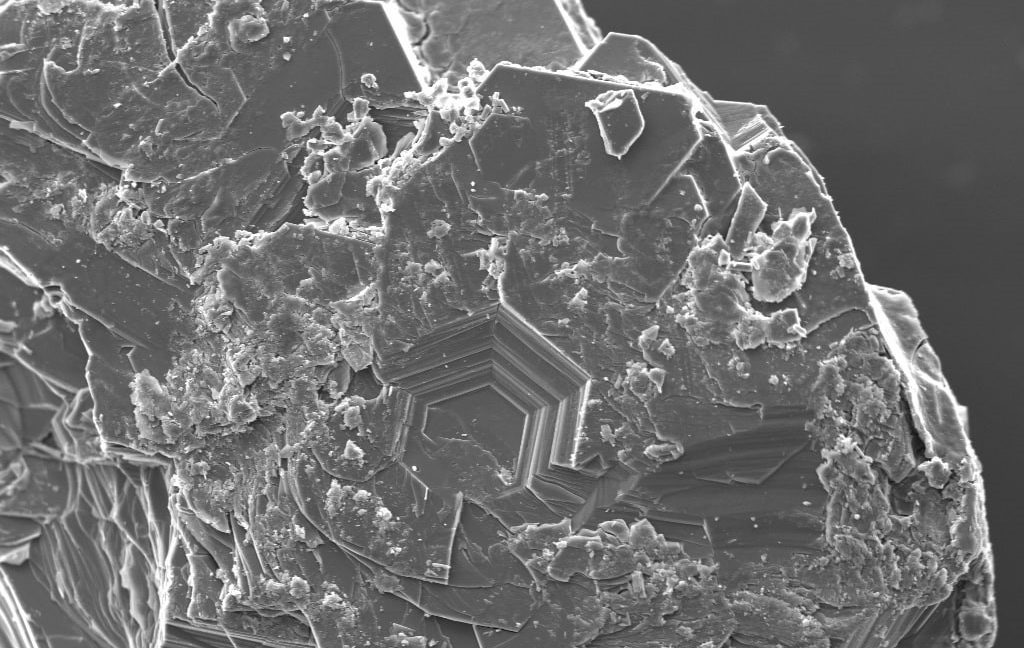Translate Summer Student Project blog: Kidney Stone Pre-cursors
This post is part of a blog series about 13 short-term projects Translate MedTech funded in summer 2019.
These Translate MedTech-funded projects let researchers hire students during their summer break to help develop innovative new medical technologies with commercial potential.
Read these blogs to learn about the work they completed.
Name of student: Amin Nadimy
Host organisation: University of Leeds
Project title: Kidney Stone Pre-cursors
In several of my taught modules I’ve studied the mechanisms of rock formation, and how rock-forming minerals collectively make up the composition of a variety of rocks.
This Translate Summer Student Project on kidney stones interested me as it was an opportunity to look for similarities in the mechanisms of solidification in geological and biological systems.
The approach we took was to reverse engineer the kidney stone, this provided an interesting opportunity to restore the conditions under which the kidney stone had been formed, thus obtaining essential knowledge to the pathophysiology of kidney stone formation.
A challenge I encountered was obtaining ethical approval for my research, and I found that experiment preparation took much longer than the actual experiment.
The experimental work was the most interesting part of my summer placement. The aim was to identify the composition of the “bridges” between the crystals in the kidney stone, thus allowing a test to be designed for tracing those “binders”.
Without any preliminary information about the chemical composition of the stones, we were able to determine not only the type of the stone (cystine in this case), but also very interesting information about the microstructure of the kidney stone.
The outcomes from the research will help to develop improved clinical and personal tests for kidney stones. If the stone nuclei could be removed at an early stage the benefits for patient well-being would be tremendous, and it would also result in financial savings for the health care provider.
This research has the potential to advance existing practice as it is an opportunity to monitor patients individually, and to react to the first symptoms of urolithiasis before they cause any pain.
More questions were raised than answered during my placement, but they lay the basis for the future research required for the completion of the kidney stone pre-cursor test development.
You can learn more about this project and others at Growing MedTech Translation 2019 on Friday 6 December 2019, where each Translate MedTech Summer Student Project lead will give a presentation about their work.

